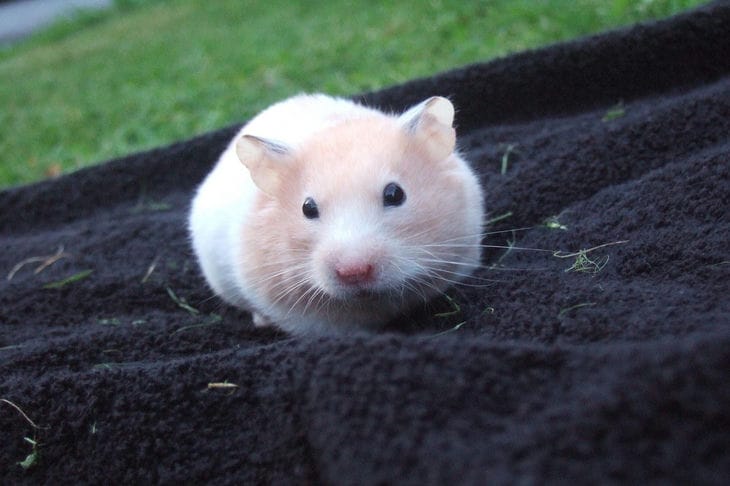The health, lifespan and activity of hamsters primarily depend on their diet.
Therefore, the first thing that a “newly-minted” owner of a rodent needs to do is find out what food is suitable for it.
The list of permitted foods includes some vegetables and fruits, protein foods, greens and tree branches.

You can also add nuts, cereals, berries and low-fat dairy products to your hamster's diet.
The list of "prohibited" products looks more impressive. The following products can be harmful to the hamster's health.
• Fruits that are high in sugar, such as grapes, peaches and apricots.
• Citrus fruits – oranges, lemons and others.
• Exotic fruits: unfortunately, hamsters cannot eat pineapples and mangoes.
• Pickled and canned vegetables. Cabbage, peas, daikon, garlic and onions are also banned.
• Potatoes, due to their high starch content.
• Certain types of greens, such as parsley, sorrel and rhubarb. Also resist the urge to let your hamster try mint.
• Full-fat dairy products such as cheese, sour cream and cottage cheese.
• Grain feed intended for other animals or birds.
Earlier, BelNovosti reported what to do if a cat is afraid of loud sounds.
